International Jury 2026
Seven Visionaries United in Critical Cinema
The 2026 jury represents a convergence of documentary practice, theoretical rigor, and political commitment. Selected for their contributions to advancing documentary as a tool of social transformation, these seven luminaries bring perspectives shaped by decades of engaged filmmaking, critical scholarship, and grassroots organizing across four continents.
Our jury selection prioritizes voices from the Global South, working-class backgrounds, and marginalized communities whose perspectives are systematically excluded from mainstream festival circuits. Together, they embody our commitment to centering anti-imperial, anti-capitalist documentary practice.
.jpeg)
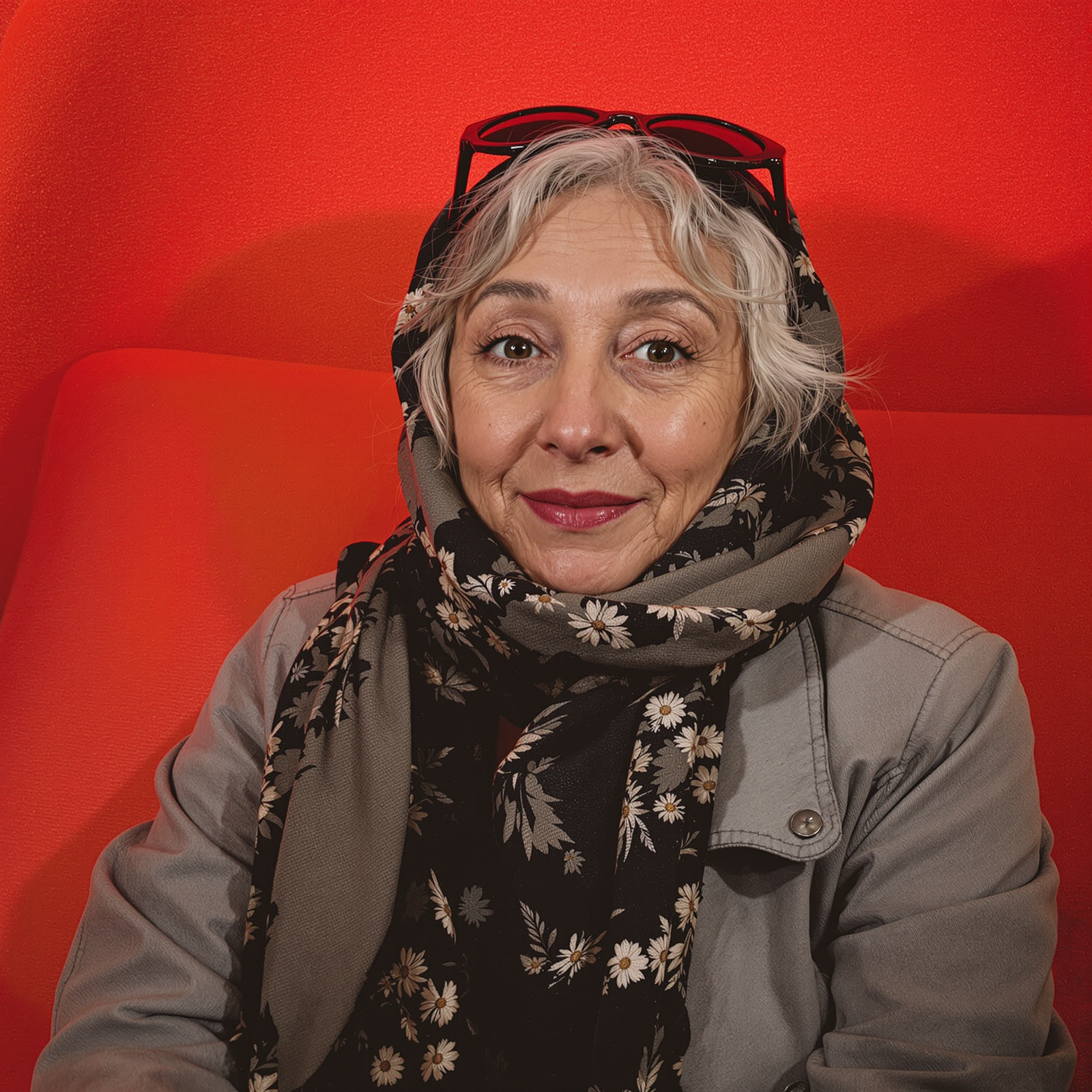
Dr. Amina Khalil
Jury President
Cairo, Egypt / Berlin, Germany
Amina Khalil emerged from the revolutionary ferment of post-2011 Egypt as one of the most uncompromising voices in contemporary documentary practice. Her trilogy of films documenting the Arab Spring's aftermath�Streets of Memory" (2014), "Counter-Revolution" (2017), and "Desert Dreams" (2021)—established her as a master of participant-observation filmmaking. Khalil's approach rejects the Western documentary tradition's pretense to objectivity, embracing instead what she terms "revolutionary witnessing."
Currently Professor of Visual Anthropology at Humboldt University Berlin, Khalil fled Egypt in 2018 after her film "State of Emergency" was banned and she faced arrest under the country's restrictive NGO laws. Her theoretical work, published in "Third Text" and "Visual Anthropology Review," challenges documentary cinema's colonial legacy while advocating for what she calls "decolonial seeing"—camera practices that refuse Western visual hierarchies and center indigenous ways of knowing.
Khalil's 2023 Berlinale Forum Documentary Prize for "Mapping Exile" confirmed her status as one of documentary's most vital political voices. The film, created through collaboration with Syrian and Palestinian refugees in Berlin, demonstrates her commitment to participatory media practice that privileges community knowledge over expert analysis.
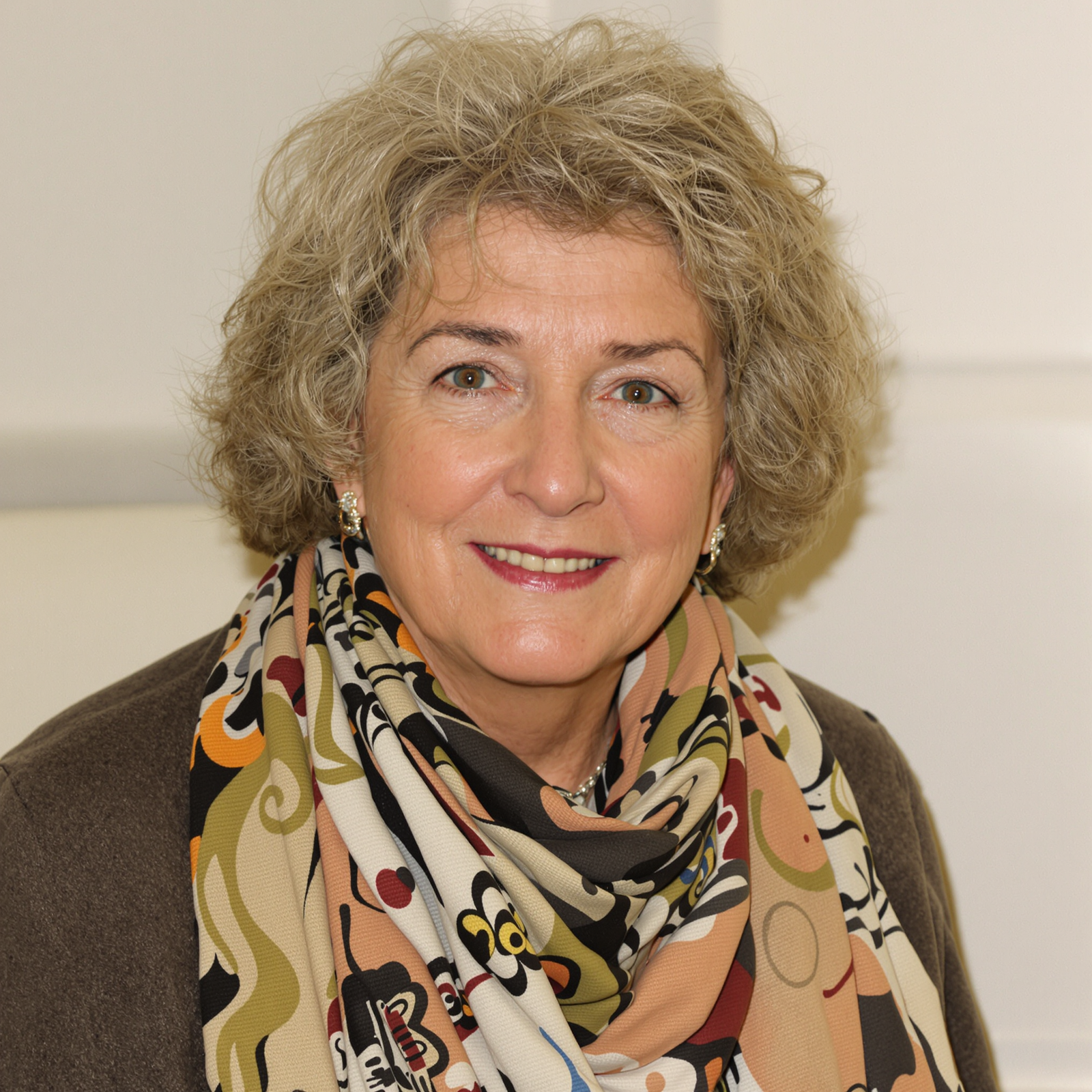
Marcus Thompson
Documentary Scholar & Former Editor
Chicago, Illinois, USA
Marcus Thompson's fifteen-year tenure as editor-in-chief of "Documentary Magazine" (2008-2023) transformed the publication from an industry trade journal into a platform for radical documentary criticism. Under his leadership, the magazine championed experimental forms, working-class filmmakers, and anti-capitalist analysis, often facing advertiser pressure for its uncompromising editorial stance. Thompson's background as a former steelworker turned film critic brings a unique perspective to documentary evaluation.
Born in Gary, Indiana, Thompson worked at U.S. Steel's Gary Works for seven years before pursuing film studies at Northwestern University. His doctoral dissertation, "Labor and the Lens: Working-Class Documentary from the 1930s to the Present," became the definitive academic text on labor documentary, published by University of Chicago Press in 2019. Thompson's criticism consistently emphasizes documentary's capacity for class consciousness and its potential to challenge capitalist social relations.
Thompson's curatorial work includes the landmark 2020 exhibition "Rust Belt Visions" at the Museum of Contemporary Art Chicago, which presented forty years of documentary work from post-industrial America. His advocacy for Midwest voices in documentary has been instrumental in challenging coastal festival dominance and creating space for regional filmmaking traditions rooted in labor struggle and community resistance.
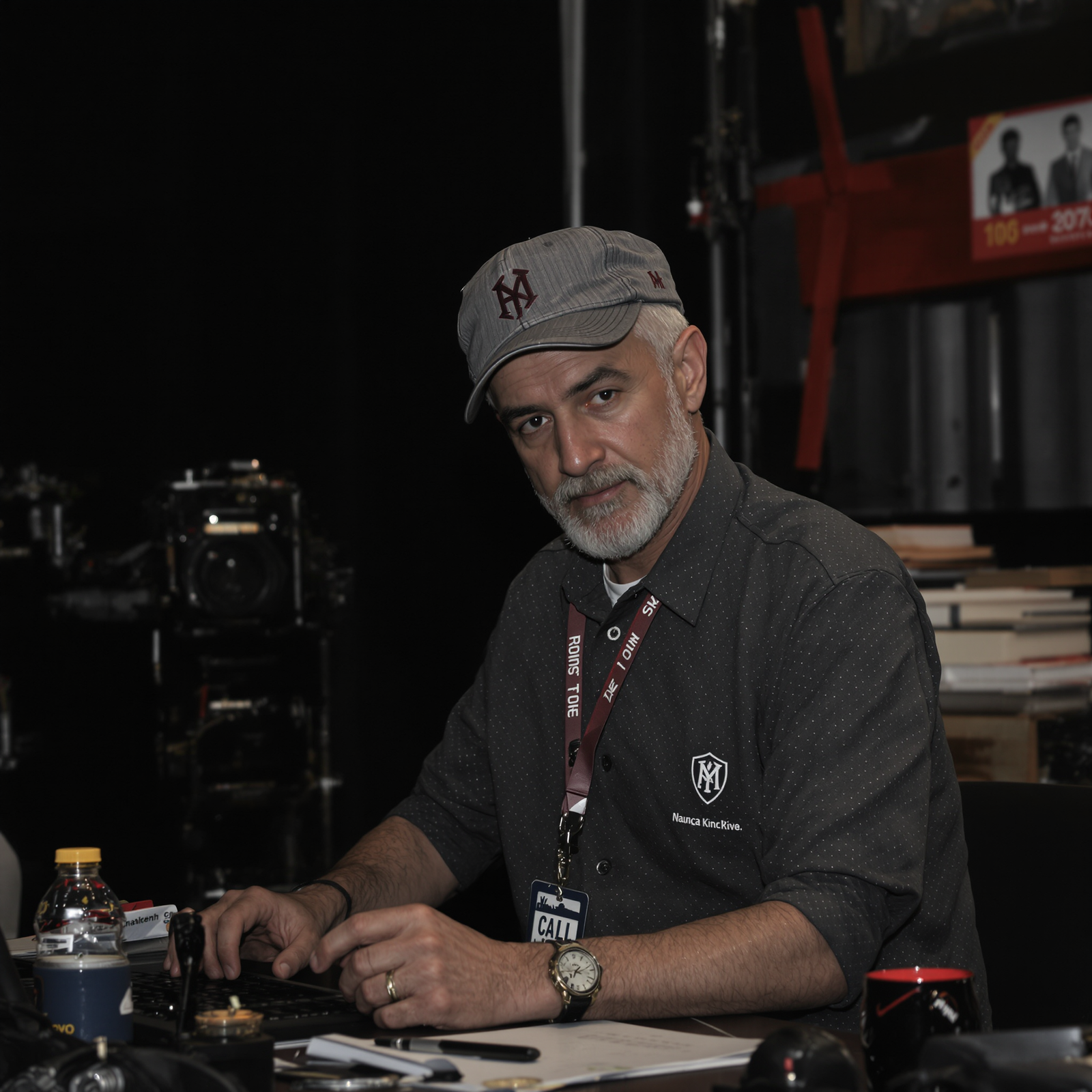
Chen Wei-Li
Independent Filmmaker & Labor Organizer
Taipei, Taiwan / Guangzhou, China
Chen Wei-Li occupies a unique position in contemporary documentary as both filmmaker and labor organizer, producing clandestine documentaries about factory conditions while simultaneously organizing workers in China's Pearl River Delta. Her films, shot with hidden cameras and smuggled across international borders, provide unprecedented access to the human cost of global manufacturing. Chen's work has been shown at Cannes Directors' Fortnight and the Toronto International Film Festival, though she remains unable to attend screenings due to security concerns.
Chen's breakthrough film "Assembly Line Dreams" (2019) documented a three-month strike at a Foxconn factory, filming entirely with smartphone cameras operated by workers themselves. The collaborative production method became a template for what Chen calls "worker cinema"—documentary practice that emerges directly from labor struggle rather than external observation. Her subsequent films have expanded this methodology across textile, electronics, and automotive manufacturing.
Despite constant surveillance and harassment from Chinese authorities, Chen continues to operate through a network of worker-filmmakers across Southeast Asia. Her theoretical writings, published pseudonymously in "Framework" and "Jump Cut," articulate a vision of documentary as direct action, arguing that the camera can serve as both organizing tool and weapon of class struggle. Chen's presence on our jury represents our commitment to documentary practice that emerges from the front lines of global resistance.
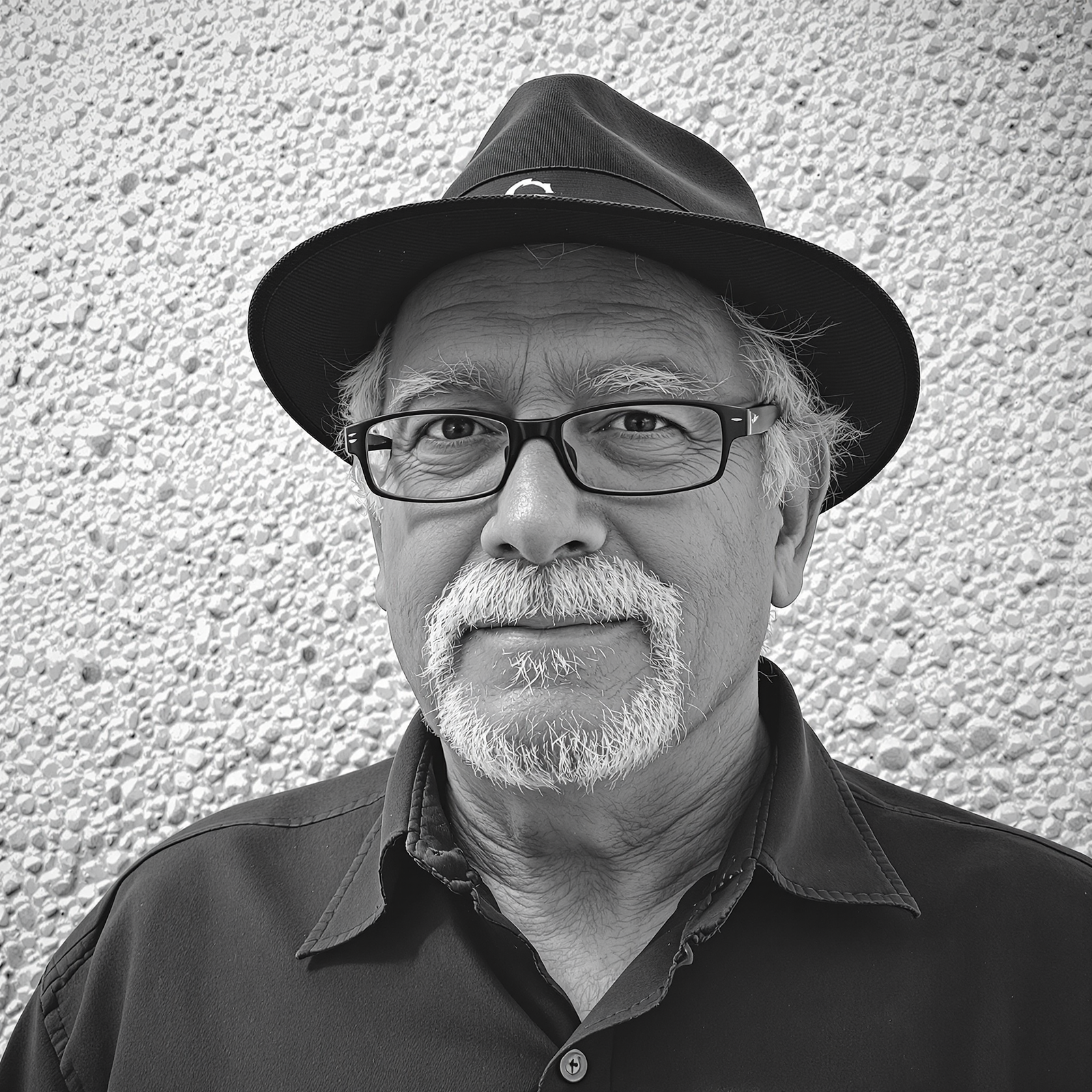
Fatou Diallo
Filmmaker & Decolonial Media Theorist
Dakar, Senegal / Paris, France
Fatou Diallo represents the vanguard of African documentary practice, creating films that challenge both Western anthropological traditions and African patriarchal structures. Her work consistently interrogates the power dynamics inherent in documentary representation, developing what she terms "horizontal cinema"—collaborative practice that refuses the hierarchical relationship between filmmaker and subject. Diallo's films have been acquired by major museums including MoMA and the Tate Modern, though she continues to prioritize grassroots distribution networks.
Diallo's masterwork "Invisible Borders" (2022) required four years of production across seven West African countries, documenting women's informal trade networks that operate independent of state control. The film's innovative structure—presenting multiple simultaneous narratives without hierarchical ordering—reflects Diallo's commitment to non-Western storytelling traditions. Her collaboration with traders, rather than simply filming them, resulted in shared ownership of the film's distribution rights and profits.
As co-founder of the Dakar Documentary Collective, Diallo has mentored over two hundred African filmmakers, establishing equipment-sharing networks and alternative funding mechanisms that operate outside European foundation control. Her writing, published in "Black Camera" and "African Arts," advocates for documentary practice rooted in indigenous African epistemologies while maintaining sharp critique of neocolonial exploitation. Diallo's theoretical framework provides essential perspective for evaluating documentary's relationship to global power structures.
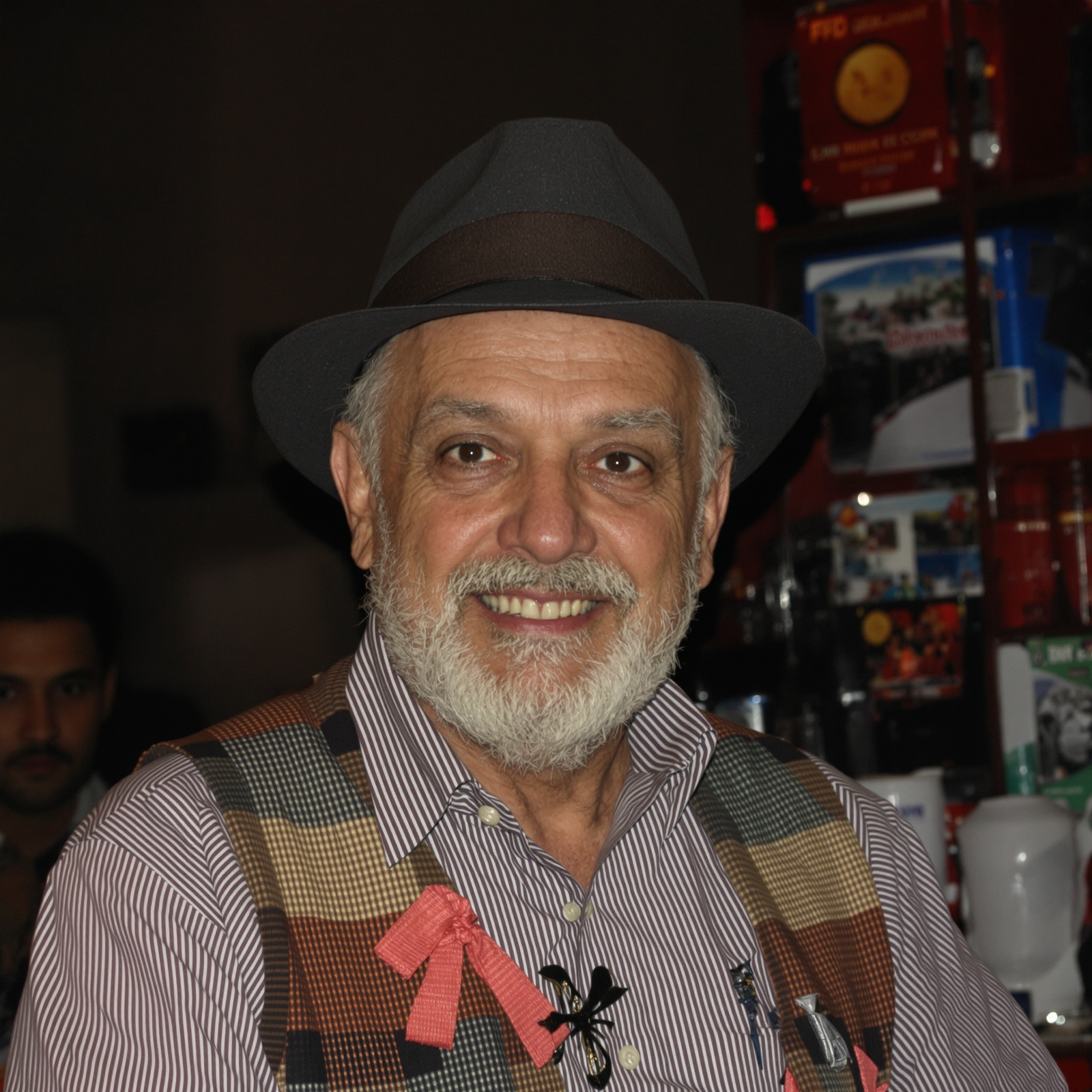
Roberto Santos
Environmental Justice Filmmaker
SĂŁo Paulo, Brazil / La Paz, Bolivia
Roberto Santos emerged from the favelas of São Paulo to become one of Latin America's most important environmental justice documentarians. His trilogy examining extractive capitalism in the Amazon basin�Gold Rush" (2018), "Pipeline Dreams" (2020), and "Carbon Markets" (2023)—demonstrates rare ability to connect local environmental destruction to global financial networks. Santos' background as a community organizer in environmental justice campaigns informs his filmmaking approach, which prioritizes indigenous knowledge systems over technical expertise.
Santos' collaborative methodology involves sharing camera equipment with indigenous communities and training local people in documentation techniques. His film "Defenders of the Forest" (2021) was shot entirely by KayapĂł filmmakers, with Santos serving as technical consultant and editor. This approach challenges documentary's colonial tradition while creating sustainable media capacity within threatened communities. Santos' work has been threatened by logging interests and agribusiness corporations, requiring him to operate under protection from human rights organizations.
Beyond filmmaking, Santos coordinates the Indigenous Media Network, which connects community-based documentary projects across Latin America. His theoretical contributions, published in "Latin American Research Review" and "Environmental Communication," articulate a framework for environmental documentary that centers indigenous cosmologies while maintaining scientific rigor. Santos' presence on our jury ensures attention to documentary's role in environmental struggle and its potential to amplify voices from the front lines of climate change.
.jpeg)
Olga Kuznetsova
Post-Soviet Documentary Artist
Moscow, Russia / Prague, Czech Republic
Olga Kuznetsova's documentary practice emerged from the chaos of Soviet collapse, creating films that examine the human cost of rapid economic transformation across Eastern Europe. Her background as a factory worker during perestroika provides intimate knowledge of post-socialist transition that informs her ongoing documentation of working-class experience under neoliberal capitalism. Kuznetsova's films consistently refuse nostalgia for the Soviet period while maintaining sharp critique of capitalist restoration.
Kuznetsova's breakthrough film "After the Wall" (2016) documented the lives of former East German factory workers twenty-five years after reunification, revealing ongoing economic marginalization and cultural displacement. Her innovative use of archival footage—contrasting socialist realist industrial films with contemporary unemployment statistics—creates powerful visual arguments about economic transition's human consequences. Kuznetsova's subsequent work has expanded across the former Soviet space, documenting similar patterns of deindustrialization and social disruption.
Since 2022, Kuznetsova has operated in exile from Prague, unable to return to Russia due to her documentation of anti-war protests and labor unrest. Her current project, "Imperial Decay," examines connections between Russian imperialism and domestic economic repression, collaborating with underground filmmakers still operating within Russia. Kuznetsova's experience of political persecution and her theoretical understanding of post-socialist transformation provide crucial perspective for evaluating documentary's role in authoritarian contexts.
.jpeg)
Isaiah Washington
Abolitionist Filmmaker & Former Political Prisoner
Oakland, California, USA
Isaiah Washington brings unique perspective as both accomplished filmmaker and former political prisoner, having spent twelve years incarcerated for Black Panther Party activities before emerging as one of America's most uncompromising documentary voices. His prison-shot footage, smuggled out through visitor networks, provides unprecedented documentation of mass incarceration's daily reality. Washington's work consistently connects historical Black liberation struggle to contemporary abolitionist organizing, refusing liberal reform frameworks in favor of revolutionary transformation.
Washington's trilogy "Letters from the Inside" (2019-2022) documents organizing efforts within California's prison system, featuring extensive footage shot by incarcerated filmmakers using concealed equipment. The films' clandestine production methods reflect Washington's understanding of documentary as underground practice, operating outside official channels to preserve authentic accounts of state violence. His collaboration with currently incarcerated filmmakers continues through the Prison Documentary Project, which he founded upon release.
Washington's theoretical writings, published in "Social Justice" and "Critical Resistance," articulate a framework for abolitionist documentary that rejects reformist narratives while centering the voices of criminalized communities. His curatorial work includes the annual "Voices from the Inside" festival, which presents films produced within correctional facilities to external audiences. Washington's presence on our jury reflects our commitment to documentary practice that emerges from the most marginalized sectors of American society and maintains uncompromising critique of state power.
Deliberation Process and Philosophy
Our 2026 jury will convene for three days of intensive film viewing and collective discussion, evaluating fifty-three feature-length documentaries and forty-seven short films selected from over 800 submissions. The deliberation process emphasizes consensus-building rather than competitive ranking, reflecting our commitment to collaborative decision-making and mutual respect among cultural workers.
Each jury member brings specific expertise: Khalil's theoretical framework for decolonial documentary practice, Thompson's deep knowledge of labor cinema, Chen's experience with clandestine production methods, Diallo's understanding of collaborative filmmaking, Santos' environmental justice perspective, Kuznetsova's analysis of post-socialist transition, and Washington's abolitionist framework for documentary evaluation.
The jury will meet in closed sessions at the Detroit Center for Independent Media, with decisions reached through extended dialogue rather than formal voting. This approach reflects our understanding that documentary evaluation requires nuanced discussion of political context, formal innovation, and community impact that cannot be reduced to simple ranking systems.
.jpeg)
Evaluation Framework
Political Relevance
Does the work contribute to struggles for social justice, economic equality, and human liberation?
Formal Innovation
How does the film advance documentary language and challenge conventional storytelling methods?
Community Engagement
What is the relationship between filmmaker and subject? How are power dynamics addressed?
Historical Consciousness
Does the work situate contemporary struggles within broader historical contexts?
Collective Statement
�International Jury, Detroit Documentary Film Festival 2026"As documentary practitioners and critics committed to social transformation, we approach our jury service not as neutral arbiters of artistic merit, but as participants in ongoing struggles for justice and human dignity. The films selected for recognition at the Detroit Documentary Film Festival must demonstrate not merely technical competence, but political courage and formal innovation in service of liberation movements worldwide."
"We reject the liberal framework that treats documentary cinema as neutral information delivery, embracing instead its potential as weapon in the fight against capitalism, imperialism, and all forms of oppression. Our selections will prioritize voices from marginalized communities, experimental approaches to documentary form, and works that contribute to building alternative social relations."
"In this historical moment of intensifying inequality and environmental crisis, documentary filmmakers bear special responsibility for preserving authentic accounts of resistance and creating tools for political education. We are honored to serve this vital function and commit ourselves to selections that honor the transformative potential of engaged cinema."